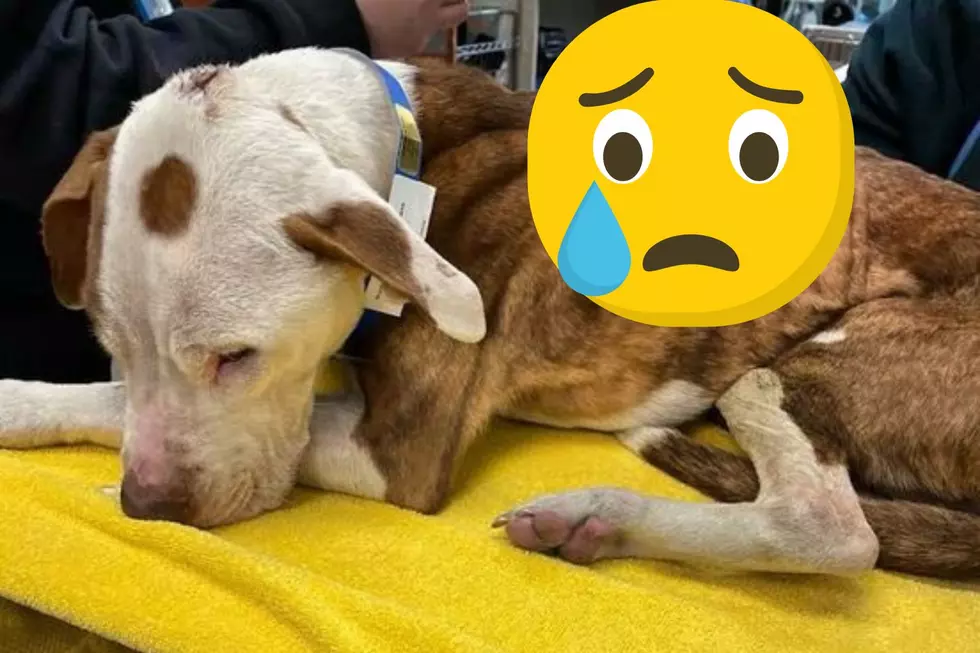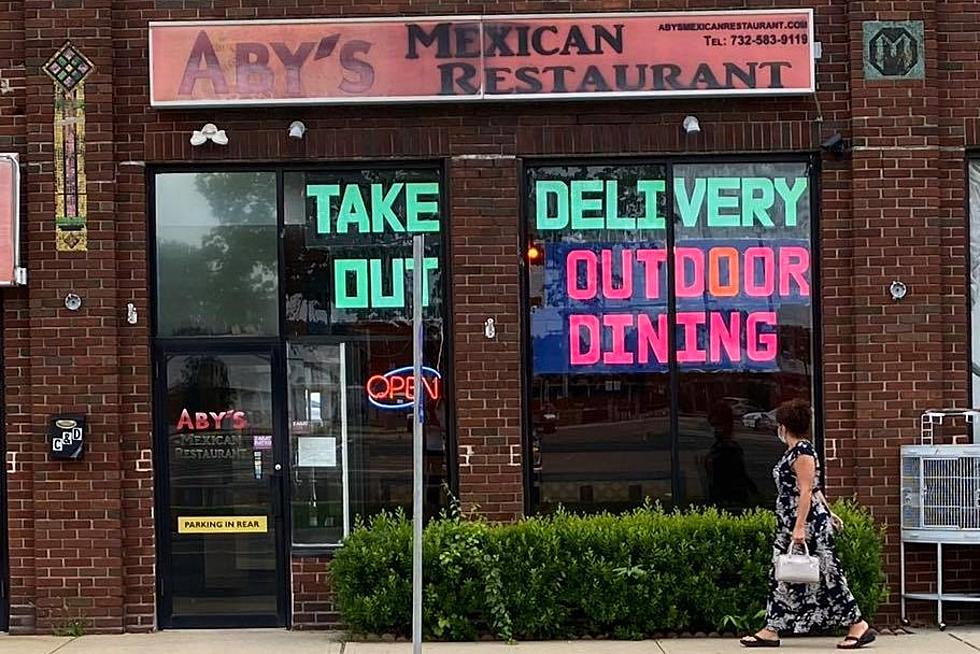
Identifying A Reputable Pet Store
Puppies Galore in Brick Township is the latest facing claims of animal mistreatment, but with so many options when getting a pet how do you know what to look out for?
Neighborhood pet stores remain one of the most common options however, NJ SPCA director Richard Yocum says that while going to a store might seem like safe option, in reality upwards of 80 percent of pet stores purchase their animals from what he considers “puppy mills”; a breeder who produced dogs with an emphasis on commercial profit.
Laurie Garrison, executive Director of the Monmouth County SPCA was involved with the rescue of the 39 dogs from the Brick Pet Store, she says that this is the third time an incident like this happened in just the last few years.
However while it is common knowledge that going to a reputable breeder or adoption tend to be better options, Yocum says that unscrupulous pet stores still manage to operate due in part to laziness from consumers.
“People really need to ask to see the records from the pet store. The pet store is required to have records in each store as to where they actually bring in their puppies from and who is their veterinarian of record is. “
From there Yocum says it’s important to use that information and find out more about the breeder to make sure the animal you are buying is healthy and without heightened possibility of health problems. He notes that the process takes time and research, however many of the stores count on the fact that your furry friend will be an impulse purchase.
“They see that puppy, it’s cute, it’s beautiful, and they want to take it home, but don’t do that… That’s how these stores have been able to continue to sell puppies that are so sick that they pass within a week when people get them home is because it’s an impulse purchase for people.”
Yocum reiterates, “Do your research. “
That mean’s learning more about a pet store before you make any purchase. Yocum suggests going to the Better Business Bureau to start but also speaking with friends and neighbors for recommendation, just don’t be fooled by appearances.
“The look of the store and the location of the store is no indication of the quality of the healthcare that those puppies receive. “ Bright lights, new furnishings, and young puppies could be concealing health problems.
“It’s almost the exact opposite.” Says Yocum. “Sometimes we go to a breeders house and the conditions while they are not horrible they’re certainly not something people would be comfortable in, and often times some of those places are some of the healthiest places. You can’t tell by appearance. It just doesn’t work that way.”
Things to look out for include clean bedding, fresh water and food, and active “healthy” looking puppies.
Regulation of pet stores falls under the responsibility of the Department of Health, with the SPCA usually stepping in whenever there is a case of abuse or mistreatment. While county officials are scheduled to make regular inspections, Yocum says things fall through the cracks.
“Often times as with a lot of other organizations and a lot of other departments because the funding is not what it used to be, a lot of times these things get delayed.”
When situations like the one at Puppies Galore occur it also puts additional stress onto the SPCA as well as local animal shelters. Garrison says in Monmouth County their branch regurlarly rescues many animals that were either “impulse” or rescued from circumstances such as the one in Brick.
“About 25% of our population are actually purebred at any time because people buy them on impulse and then after 12 to 18 months they’re not puppies anymore and then they end up in our shelter. “
More From 92.7 WOBM









